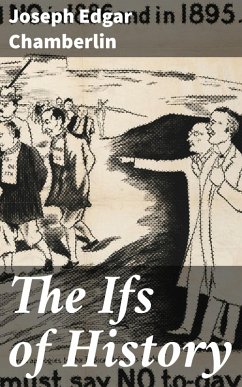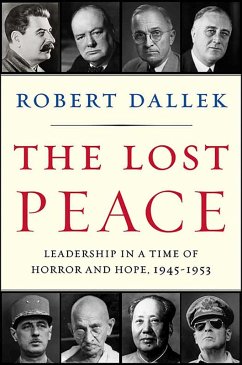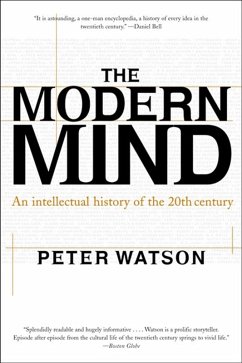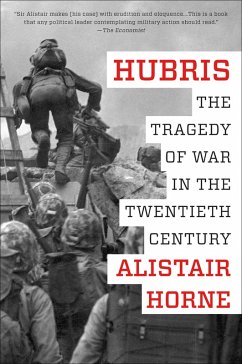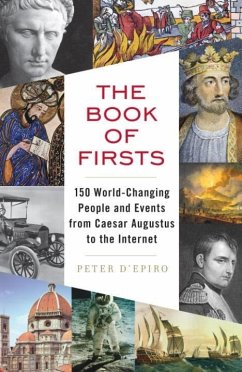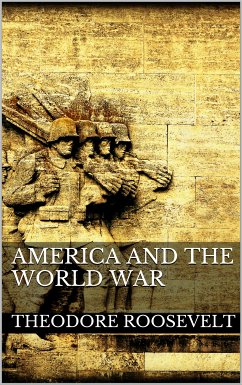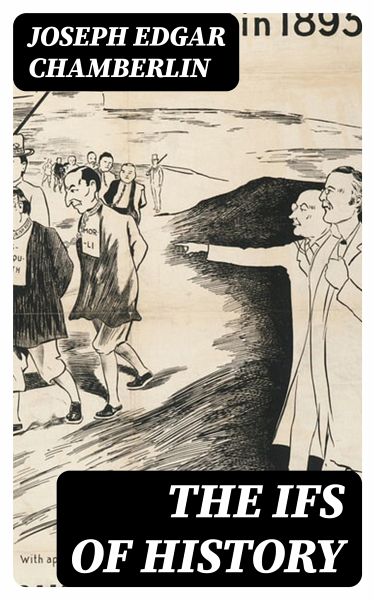
The Ifs of History (eBook, ePUB)
Versandkostenfrei!
Sofort per Download lieferbar
1,99 €
inkl. MwSt.
Weitere Ausgaben:

PAYBACK Punkte
0 °P sammeln!
In "The Ifs of History," Joseph Edgar Chamberlin embarks on a thought-provoking exploration of alternative historical narratives and the intersections of fate and choice that shape the course of human events. Employing a distinctive literary style that blends historical analysis with speculative interpretation, Chamberlin engages readers with a series of tantalizing 'what if' scenarios, probing the implications of pivotal moments and decisions in history. This book serves as a significant contribution to the genre of counterfactual history, challenging the deterministic views often held in tra...
In "The Ifs of History," Joseph Edgar Chamberlin embarks on a thought-provoking exploration of alternative historical narratives and the intersections of fate and choice that shape the course of human events. Employing a distinctive literary style that blends historical analysis with speculative interpretation, Chamberlin engages readers with a series of tantalizing 'what if' scenarios, probing the implications of pivotal moments and decisions in history. This book serves as a significant contribution to the genre of counterfactual history, challenging the deterministic views often held in traditional historiography and inviting readers to consider the fragile threads upon which destiny hangs. Joseph Edgar Chamberlin, an astute historian and scholar, was deeply committed to understanding the nuances of history beyond mere facts. His academic background, combined with a fascination for how alternative outcomes can illuminate the present, inspired him to craft this compelling narrative. Chamberlin's insights are informed not only by his extensive research but also by a keen awareness of human psychology and the complex interplay between individual agency and historical forces. "The Ifs of History" is a must-read for anyone intrigued by the complexities of human history and the multitude of possibilities that lie within it. Chamberlin's imaginative scenarios encourage readers to reflect on the significance of choices, both big and small, while igniting a deeper appreciation for the lessons of the past. For scholars and casual readers alike, this book presents a captivating journey through the 'what could have been' in our shared history.
Dieser Download kann aus rechtlichen Gründen nur mit Rechnungsadresse in A, B, BG, CY, CZ, D, DK, EW, E, FIN, F, GR, H, IRL, I, LT, L, LR, M, NL, PL, P, R, S, SLO, SK ausgeliefert werden.




